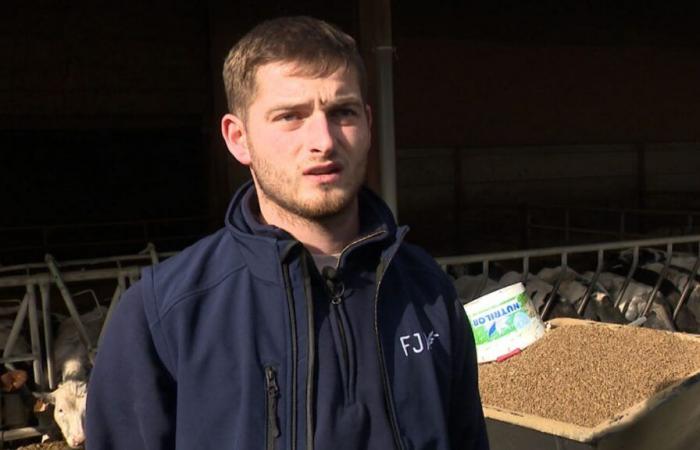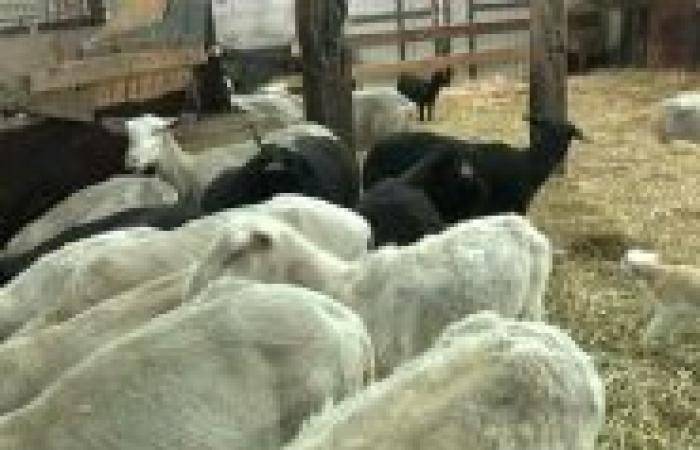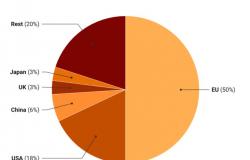In February, the agricultural sector expressed its anger and unease through major actions in Wallonia and Brussels. The federal government had taken measures to relieve the fed-up farmers. But almost eight months later, these decisions are considered insufficient by the sector.
Depleted treasuries, administrative overload, lack of recognition and the impossibility of generating a decent income… Last February, the agricultural sector expressed its unease and its fed-up through striking actions throughout Wallonia and across the country. Brussels.
Among the demonstrators, Adrien, a farmer in Hulsonniaux, in the province of Namur, where he manages a farm with his brother and their father. Although they cultivate land and have a farm of 500 cows, Adrien cannot manage to get by. “We made some small advances, just to please ourselves and calm us down. We were made promises, and we had to go back to work. But it’s not enough“, he declares.
We’ll have to go back
“We will have to mobilize again, to go back. We can’t continue like this“, he continues. Indeed, farmers face many challenges: blue tongue disease, insufficient agricultural yields, and the trade agreement in preparation between the European Union and the Mercosur countries, which would facilitate the importation of meat from South America All these factors aggravate the malaise already well established in the agricultural sector.If there is a positive point, it is that farmers have been heard again. I wouldn’t say we were made fun of, but the answers given weren’t up to par.“, underlines Guillaume Van Binst, general secretary of the Federation of Young Farmers.
Measures deemed insufficient
According to David Clarinval, Federal Minister of Agriculture, several measures were taken following the farmers’ demonstrations, such as the ban on selling at a loss at the federal level, as well as a reduction in administrative and regulatory constraints at the federal level. European. “These measures were part of the demands of the agricultural sector. Since then, support has been provided to the beef and sheep sectors, which have been declared ‘in crisis’, which allows them to benefit from certain reductions in contributions.“
Regarding the agreement with Mercosur – the free trade agreement with Brazil, Argentina, Paraguay, Uruguay and Bolivia – he adds: “The agricultural sector is too often sacrificed for the benefit of other sectors, and this is unacceptable. The agricultural component cannot be used as an adjustment variable. As Minister of Agriculture, I am clear: without strict mirror clauses and strong control mechanisms to ensure their compliance, these agreements cannot be signed. To date, the agreement with Mercosur does not yet meet these essential requirements.“
Despite these measures, they are considered insufficient by farmers, who believe that the future of the sector is bleak. Only 10% of farmers are under 40 years old.
farmers demonstration








